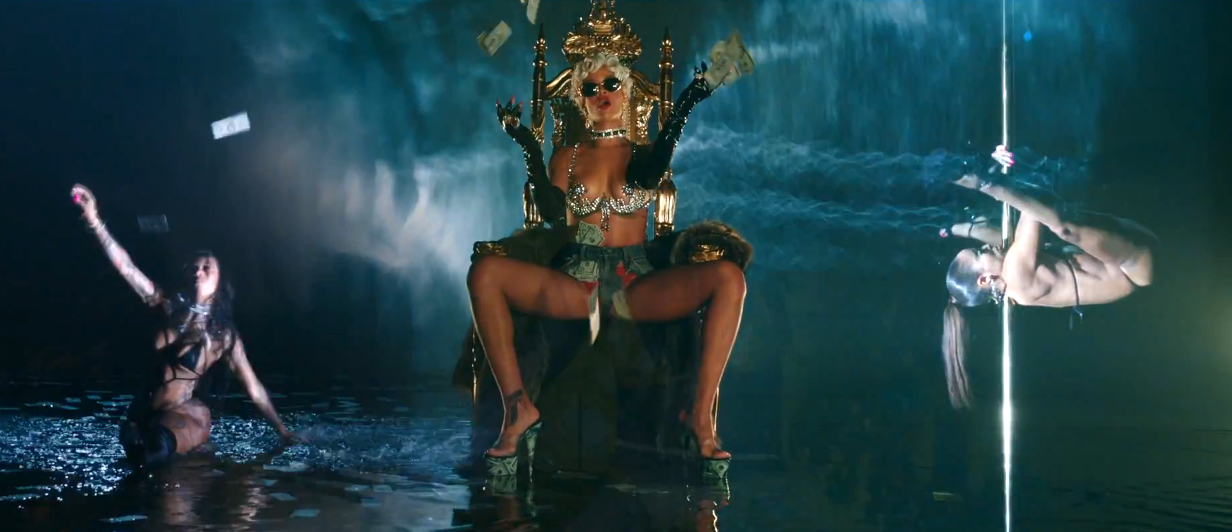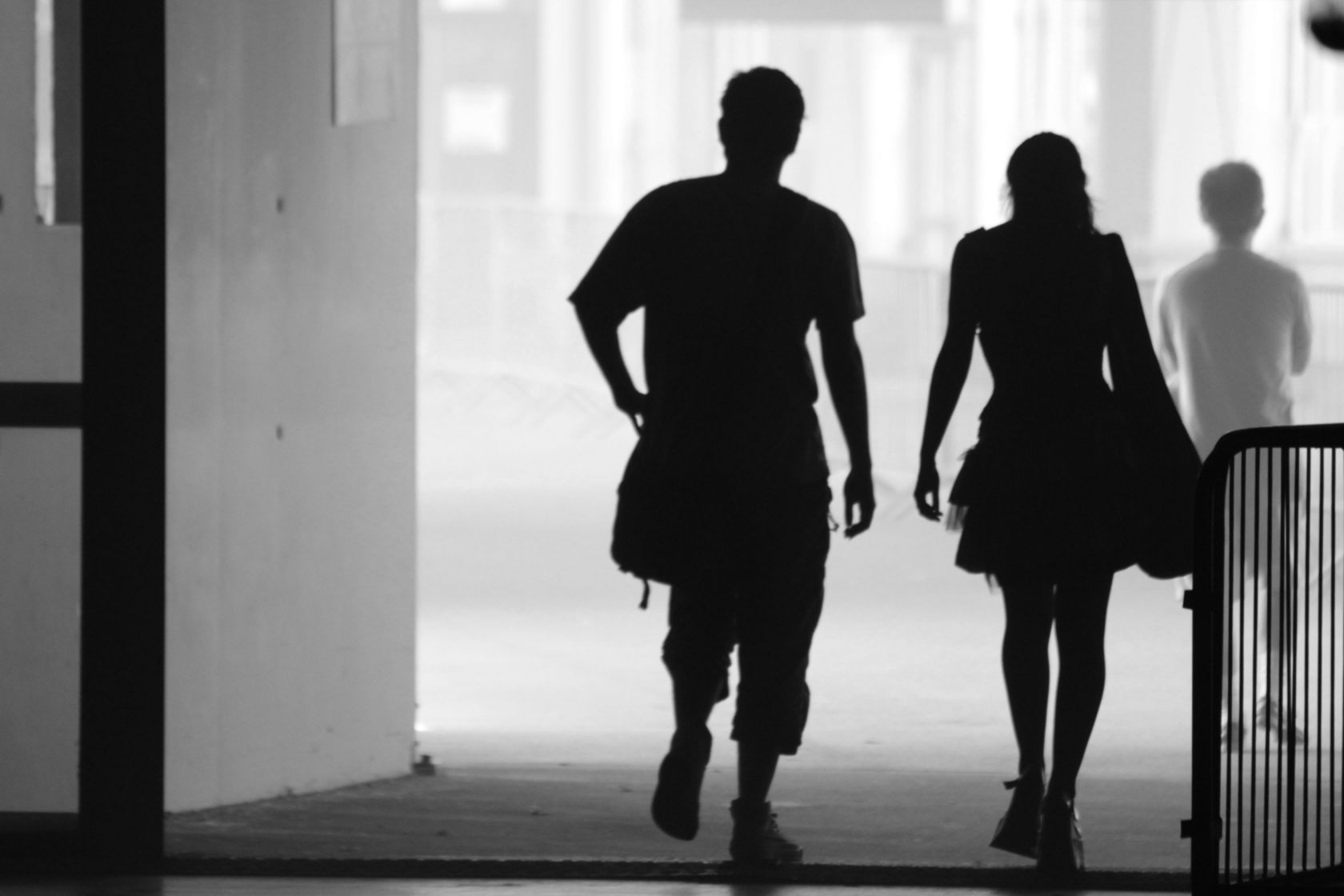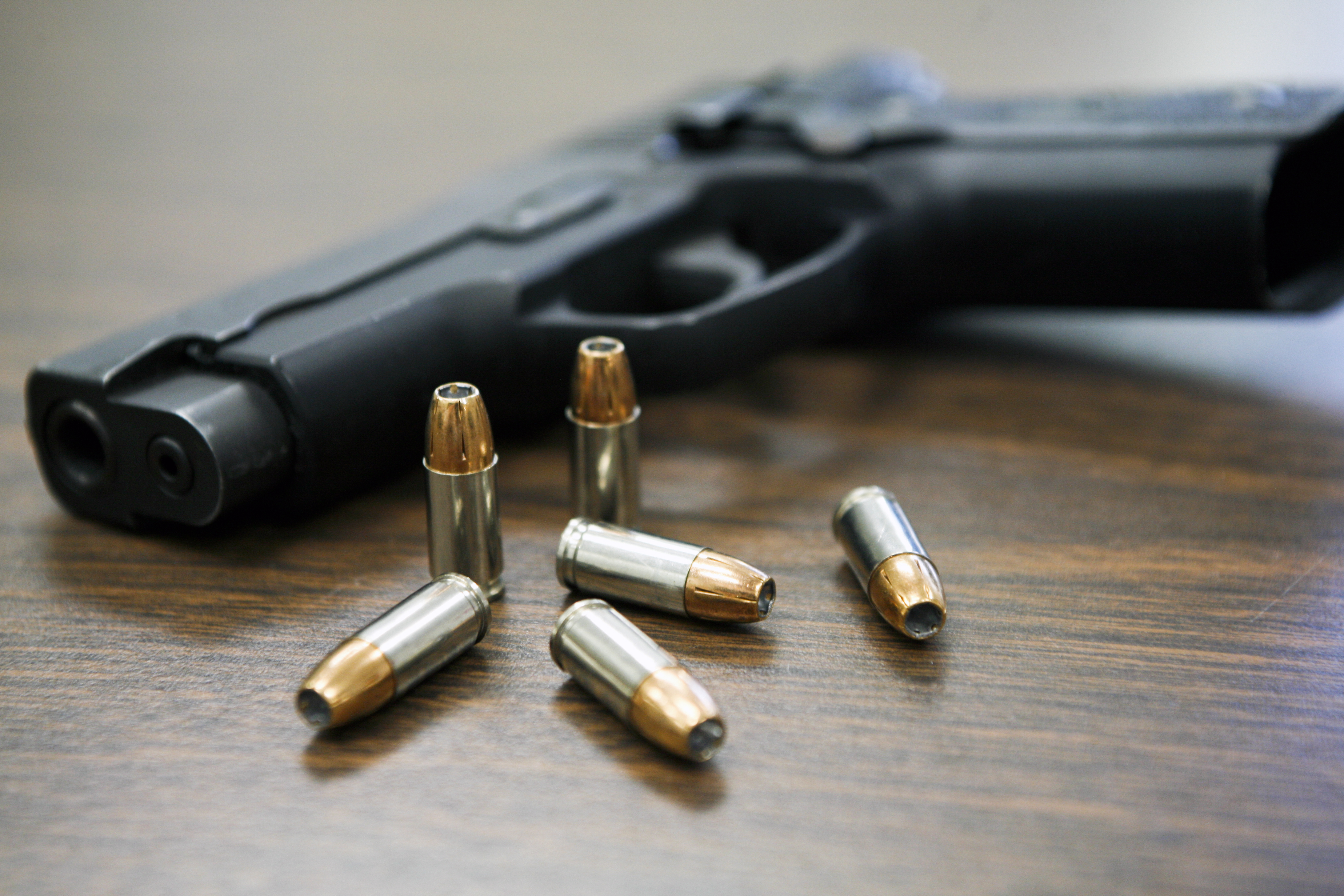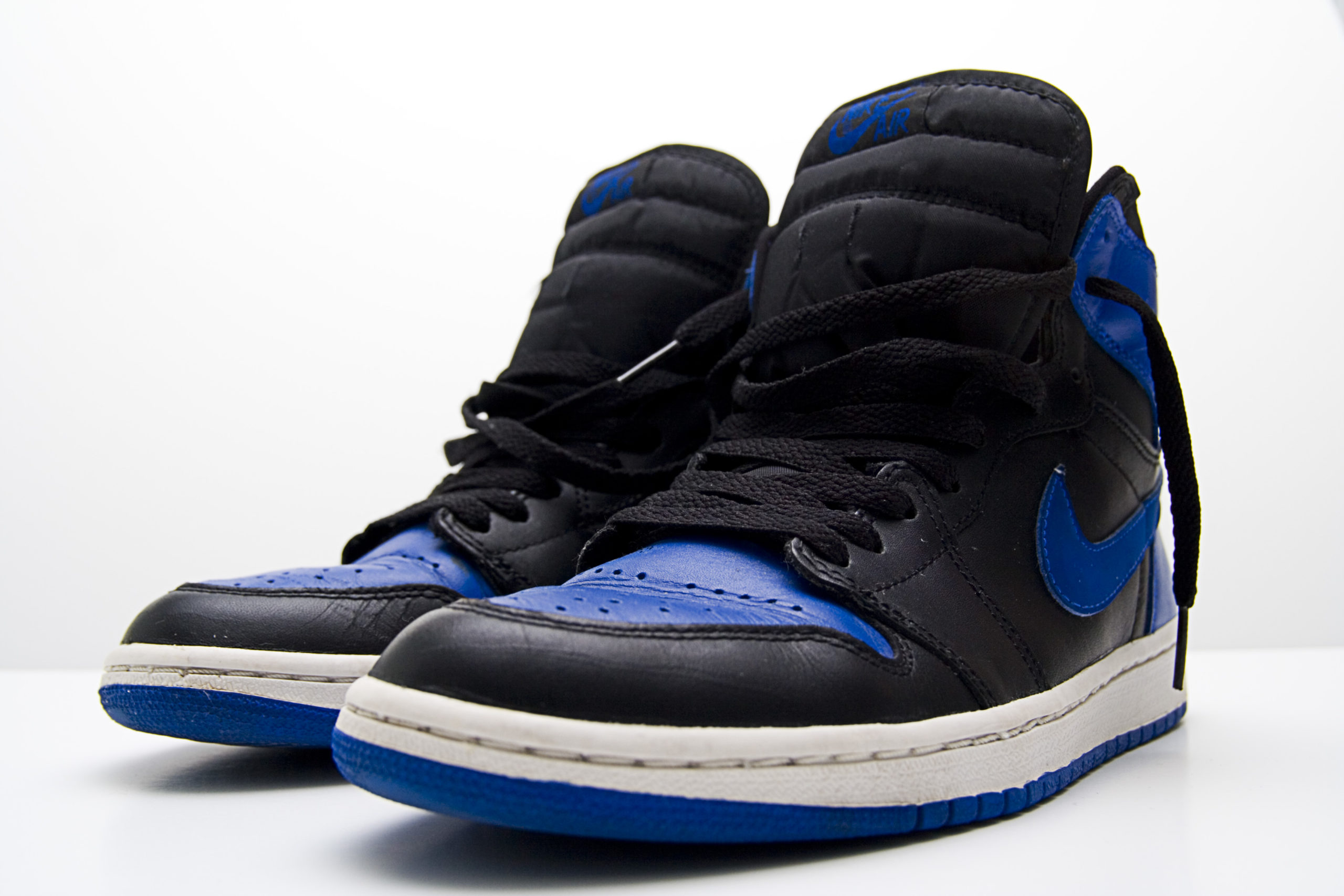
Is “Pour It Up” an anthem or an example of female misogyny?
Most of the time I applaud Rihanna for what I see as her unapologetic feminism. She owns her body and her sexuality so openly and overtly that it’s almost aggressive. Female celebrities tend to be demonized for in-your-face eroticism, but male celebrities are given far more leeway to explore public sexuality. Rihanna thwarts this unwritten code of female conduct in a way that’s totally empowering and, in short, badass.
But when her new single “Bitch Better Have My Money” dropped, I couldn’t help but roll my eyes. I resent that females have to resort to female misogyny to succeed in the male-dominated world of hip hop.
The 90’s Were The Good Ol’ Days
It wasn’t always like that. Back in the ‘90s, chicks like Queen Latifah and Monie Love, and groups like Salt n Peppa spat rhymes about how awesome womanhood was. In “Ladies First” Latifa raps “Who said the ladies couldn’t make it, you must be blind/If you don’t believe, well here, listen to this rhyme/Ladies first, there’s no time to rehearse/I’m divine and my mind expands throughout the universe.” The hook calls for ladies first, not bitches first. In fact, in “U.N.I.T.Y.,” Queen Latifah calls out every brother who calls “a girl a bitch or a ho/trying to make a sister feel low/you know all of that gots to go.” The rest of the verse tells the story of her of punching a man in the eye when he called her a bitch.
Women like these empowered their sisters, and pushed back admirably against the patriarchy. To be sure, there were still scantily-clad video girls in the ‘90s, but they were a totally different demographic from the female emcees that preached sisterhood and commanded the respect owed to them.
From Fly-Girls To Bitches And Hos
Joan Morgan’s When Chickenheads Come Home to Roost coins and critiques the term “hip hop feminism,” struggling with what may prove to be an oxymoron. “How did we go from fly-girls to bitches and hos in our brothers’ eyes?” she asks, questioning her own commitment to an art form that repeatedly degrades her.
Chickenheads explores the roots of male rappers misogyny, but I am more interested in the forms within which females are complicit. Talented female artists could continue to make breakthroughs for women in the industry, but instead, many gravitate towards a form of self-expression which imitates the video girls that male emcees use as props. They pose in g-strings on album covers; they twerk, lingerie-clad, in music videos for cameras that zoom in on butts and thighs and breasts in push-up bras. They, who are so much more than bodies, reduce themselves to props—to bitches and hos.
It is commonplace for female performers and emcees (from Lil Kim to Rihanna and Nicki Minaj and even Beyoncé, who is idolized as Feminist-Queen) to refer to themselves and other women as bitches and hos, perpetuating pimping culture and the subjugation of female flesh.
It’s Not Our Fault: The Reason For Female Misogyny
Rather than demonizing the women who do this, it is important to ask why female artists to resort to misogyny in their success. Nicki Minaj is arguably the only female rapper in the game that’s taken seriously, an achievement that shouldn’t be such a monument but nevertheless is. She cops to the difficulty of being a successful female in a male-dominated industry, fleshing out the double-standard that labels men who take charge as bosses, but women who do the same as bitches.
It is unlikely that Rihanna is deliberately perpetuating pimping culture, and thereby spitting upon all the women whose lives have been ruined by sex trafficking. It probably really is “just a fun trap song.”
But it would behoove women in positions of power to be active allies for us more vulnerable sisters, looking for footsteps to follow in.




